Widespread biological response to rapid warming on the Antarctic Peninsula
 Amesbury et al. examined stratified cores from moss banks across the Antarctic Peninsula (AP) as a paleoclimate archive. They measured moss accumulation rate, growth rate, microbial productivity, and carbon-isotope discrimination (Δ13C, as a proxy for photosynthetic assimilation rate). Their data reveal a “widespread biological response to recent rapid warming” especially since about 1950, with spatial and temporal variability small compared to overall trends. The increase in Δ13C is consistent with warm, dry growing conditions. The authors conclude, “terrestrial plant communities and soils will undergo substantial alteration even with only modest further increases in temperature. These changes, combined with increased ice-free land areas from glacier retreat, will drive large-scale alteration to the biological functioning, appearance, and landscape of the AP over the rest of the 21st century and beyond.”
Amesbury et al. examined stratified cores from moss banks across the Antarctic Peninsula (AP) as a paleoclimate archive. They measured moss accumulation rate, growth rate, microbial productivity, and carbon-isotope discrimination (Δ13C, as a proxy for photosynthetic assimilation rate). Their data reveal a “widespread biological response to recent rapid warming” especially since about 1950, with spatial and temporal variability small compared to overall trends. The increase in Δ13C is consistent with warm, dry growing conditions. The authors conclude, “terrestrial plant communities and soils will undergo substantial alteration even with only modest further increases in temperature. These changes, combined with increased ice-free land areas from glacier retreat, will drive large-scale alteration to the biological functioning, appearance, and landscape of the AP over the rest of the 21st century and beyond.”


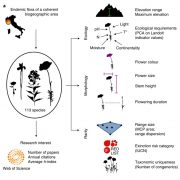
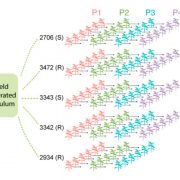
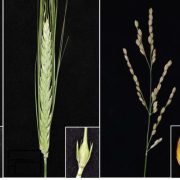
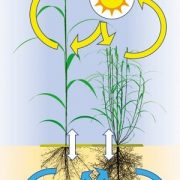
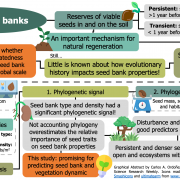
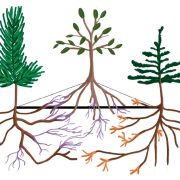




Leave a Reply
Want to join the discussion?Feel free to contribute!